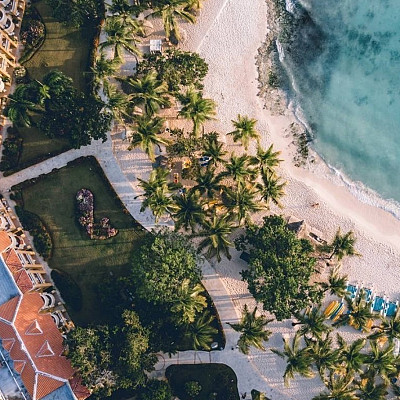Expenses for Buying and Maintaining Real Estate: Important Aspects
Buying and maintaining real estate requires a careful approach, especially if you plan to earn income by renting out the property. It is important to understand that minimizing expenses directly impacts increasing profits. However, many buyers often overlook this and rely solely on promises of guaranteed returns of 7-10% annually.

Evaluating Expenses and Their Impact on Income
To understand the real profitability of investments, it is necessary to account for all possible expenses and subtract them from the total income. Today, we will review the main types of costs and methods of accounting for them.
One-Time Costs
- Registration Fee: When registering a property at the land office, various taxes are levied depending on the type of property, ownership form, and the seller’s ownership duration. The tax amount is usually split between the buyer and seller, with the buyer typically paying 2-3% of the property’s value. Some developers may try to pass their tax obligations onto the buyers, so it is important to discuss this before signing the contract.
- Sinking Fund: The management company is required to have a fund for unforeseen repairs to common areas. This payment, ranging from 400 to 800 baht per square meter, is usually made once before property registration. In some complexes, an annual repair payment is collected instead.
- Freehold Premium: In Thailand, foreigners can own property in two forms: Freehold (full ownership) and Leasehold (long-term lease). Freehold costs are generally 10% higher.
- Furniture Package: In the primary market, buyers receive a property with basic finishing. Additional furniture can be purchased separately or in a standard package from the developer, which is convenient for those planning to rent out the property. For example, a furniture package for a 30 sqm apartment costs around 300,000 baht.
- Water and Electricity Meters: Sometimes developers require buyers to pay for the installation of water and electricity meters. These services, provided by government agencies, cost between 10,000 and 20,000 baht. Ask the developer for a receipt confirming the payment.
Annual Costs
- Common Area Maintenance: This includes expenses for maintaining the pool, gym, security, and other amenities. The fee is calculated based on the apartment’s area and is about 60 baht per sqm per month.
- Garden and Pool Maintenance: For villas, garden and pool maintenance costs around $500 per month.
- Utility Bills: Electricity and water are billed based on meter readings. The average family pays about 3,500 baht per month for a 110 sqm apartment.
- Hidden Costs: Some hotel operators deduct marketing and management costs from the total rental income before splitting it with the owner. This can significantly reduce your profit. It is recommended to carefully review the rental and management terms.
Conclusion
Buying real estate requires a thorough analysis of all possible expenses. The actual income may be significantly lower than the promised 7% if all costs are not considered. It is best to seek the services of real estate professionals who can help save significant amounts and protect your interests.




